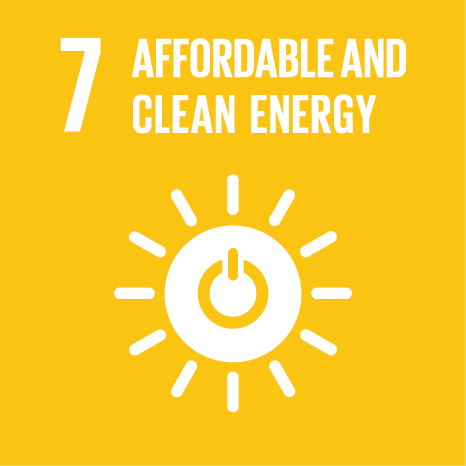Ciência_Iscte
Publications
Publication Detailed Description
Journal Title
Energy Economics
Year (definitive publication)
2021
Language
English
Country
Netherlands
More Information
Web of Science®
Scopus
Google Scholar
This publication is not indexed in Overton
Abstract
Economic performance is closely related with energy consumption, the major part of which still comes from non-renewable sources. While endeavoring to promote renewable energy, policy makers are interested in technological change that also increases energy efficiency. However, both growth models of directed technological change and microeconomic theories regarding innovation suggest that technological change is not necessarily biased towards energy. In order to investigate directed technological change at the micro level, this paper applies stochastic frontier analysis to firm data for 32 economic subsectors, with respect to output produced with four inputs: capital, labor, electricity and fuel. Subsectors demonstrate different levels of technical inefficiency, which could be induced by capital deepening and higher share of financial income in total revenue. Output elasticity of labor is generally high among the subsectors, emphasizing labor as the main driver for economic growth. Output elasticity of capital is low overall, although a few subsectors enjoy better marginal returns. In most subsectors, technological change is biased the most towards labor; between electricity and fuel, technological change has favored fuel in more cases. We infer that the market size effect is likely to overwhelm others in deciding the direction of technological change. Thus, policy should include tools in addition to the energy price in order to induce technological change.
Acknowledgements
--
Keywords
Directed technological change,Energy,Economic growth,Stochastic frontier analysis
Fields of Science and Technology Classification
- Economics and Business - Social Sciences
Funding Records
| Funding Reference | Funding Entity |
|---|---|
| UIDB/00315/2020 | Fundação para a Ciência e a Tecnologia |
Contributions to the Sustainable Development Goals of the United Nations
With the objective to increase the research activity directed towards the achievement of the United Nations 2030 Sustainable Development Goals, the possibility of associating scientific publications with the Sustainable Development Goals is now available in Ciência_Iscte. These are the Sustainable Development Goals identified by the author(s) for this publication. For more detailed information on the Sustainable Development Goals, click here.

 Português
Português




